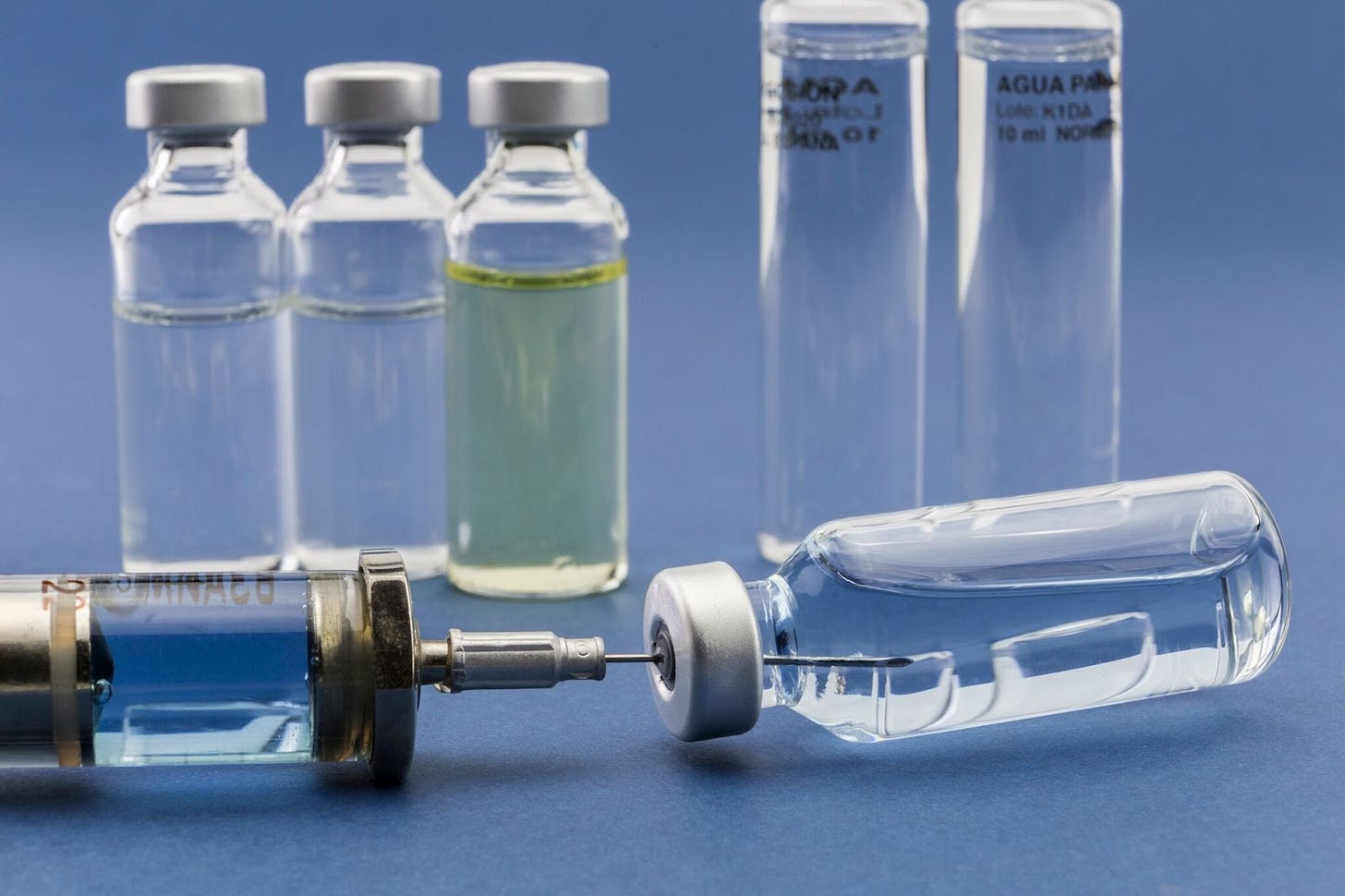What Are Sterile Injectables and Why Are They Important?
US Specialty Formulations - Kyle Flanigan
Sterile Injectables: A Vital Component of Healthcare
Sterile injectables are a critical component of modern medicine, providing a direct and efficient way to deliver essential medications. These injections are used for a wide range of therapeutic purposes, from treating acute conditions to managing chronic diseases.
Understanding Sterile Injectables
Sterile injectables are medications administered directly into the bloodstream, bypassing the digestive system. This ensures rapid absorption and allows for the delivery of drugs that cannot be effectively absorbed through other routes.
Types of Sterile Injectables
There are several types of sterile injectables, each with its own unique characteristics and applications:
Intravenous (IV) Injections: Administered directly into a vein, IV injections provide the most rapid absorption and are often used for emergency treatments or medications requiring immediate effect.
Intramuscular (IM) Injections: Injected into a muscle, IM injections offer a moderate absorption rate and are suitable for a wide range of medications.
Subcutaneous (SC) Injections: Injected beneath the skin, SC injections provide a slower absorption rate and are commonly used for insulin delivery and certain hormone therapies.
Importance of Sterile Injectables
Sterile injectables are essential for several reasons:
Rapid Onset of Action: For conditions requiring immediate intervention, sterile injectables provide a quick and effective way to deliver medication.
Direct Delivery: Bypassing the digestive system ensures that the full dose of medication reaches the bloodstream, avoiding potential degradation or incomplete absorption.
Suitable for Potent Drugs: Sterile injectables are ideal for delivering potent medications that cannot be administered orally or require precise dosing.
Emergency Treatment: In critical situations, sterile injectables can be life-saving, providing immediate treatment for conditions such as cardiac arrest or allergic reactions.
Ensuring Sterility and Safety
The production of sterile injectables is subject to stringent quality control standards to ensure safety and efficacy. Manufacturers must adhere to Good Manufacturing Practices (GMP) guidelines and undergo regular inspections to maintain compliance.
Key aspects of sterile injectable production include:
Aseptic Techniques: Ensuring that the manufacturing environment is sterile and free from contamination.
Sterilization Processes: Using effective sterilization methods, such as autoclaving or filtration, to eliminate microorganisms.
Quality Control Testing: Conducting rigorous testing throughout the manufacturing process to verify the sterility and potency of the final product.
Challenges and Advancements in Sterile Injectable Manufacturing
The production of sterile injectables presents several challenges, including:
Complex Manufacturing Processes: Sterile injectable production involves intricate procedures that require specialized equipment and expertise.
Regulatory Compliance: Adhering to stringent regulatory requirements, such as those set by the FDA or EMA, can be demanding.
Technological Advancements: The pharmaceutical industry is constantly evolving, with new technologies emerging to improve sterile injectable production.
Despite these challenges, advancements in technology and manufacturing techniques have led to significant improvements in the production of sterile injectables. For example, the development of aseptic filling machines has enhanced efficiency and reduced the risk of contamination.
The Future of Sterile Injectables
As healthcare needs evolve, so too will the demand for sterile injectables. Advancements in drug delivery systems, such as biodegradable implants and microneedle arrays, are likely to expand the applications of sterile injections. Additionally, the increasing focus on personalized medicine may lead to the development of more targeted and customized injectable therapies.
In conclusion, sterile injectables are a vital component of modern healthcare, providing a safe and effective way to deliver essential medications. By understanding the importance of these injections and the rigorous standards involved in their production, we can appreciate the critical role they play in improving patient outcomes.


